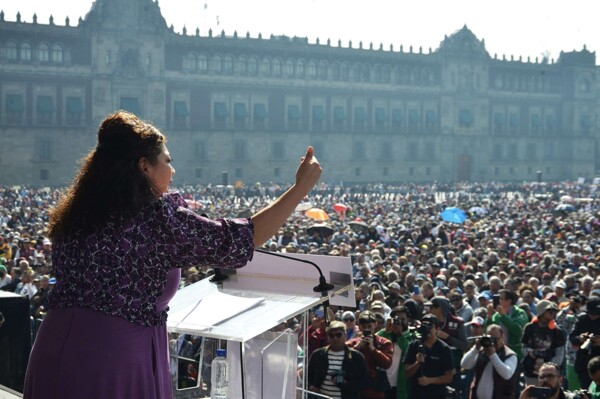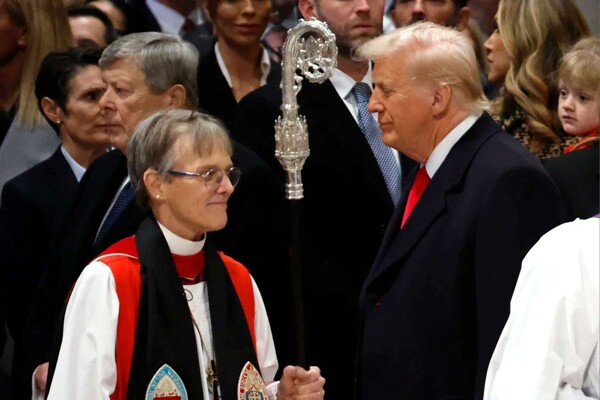
The perception of insecurity among Mexicans increased to 61.7 percent in the fourth quarter of 2024, the first months of Claudia Sheinbaum's presidency. More than 50 percent of the population expects that violence will remain the same or worsen. This contrasts with the end of the fourth quarter of 2023, when the perception of insecurity decreased to 59.1 percent, its lowest level since 2014.
During Sheinbaum's administration, more than six out of ten residents over 18 considered it unsafe to live in their city, according to the National Urban Public Security Survey (ENSU) from the National Institute of Statistics and Geography (Inegi). Despite the decrease in the perception of insecurity at the end of López Obrador's presidency, there was a significant increase during Sheinbaum's quarter.
Inegi reported an increase in the perception of insecurity compared to previous quarters. This data comes after a report from the Executive Secretariat of the National Public Security System (SESNSP) which indicated a 1.2 percent increase in intentional homicides in 2024. However, Sheinbaum stated that murders decreased by 16.3 percent during her first quarter in power.
A gender gap is observed in the perception of insecurity, with 67.8 percent of women and 54.4 percent of men reporting feeling unsafe. Villahermosa was the city with the highest perception of insecurity, followed by Uruapan, Fresnillo, Culiacán, Tuxtla Gutiérrez, and Tapachula. In contrast, San Pedro Garza García was the city with the lowest perception of insecurity, followed by Piedras Negras, Benito Juárez, Saltillo, Los Mochis, and Los Cabos.
Regarding public spaces, the population reported feeling unsafe in ATMs, public transportation, highways, banks, and in their usual streets. Crimes such as alcohol consumption, theft, vandalism, drug dealing or consumption, gunfire, and violent gangs near homes were also reported.














